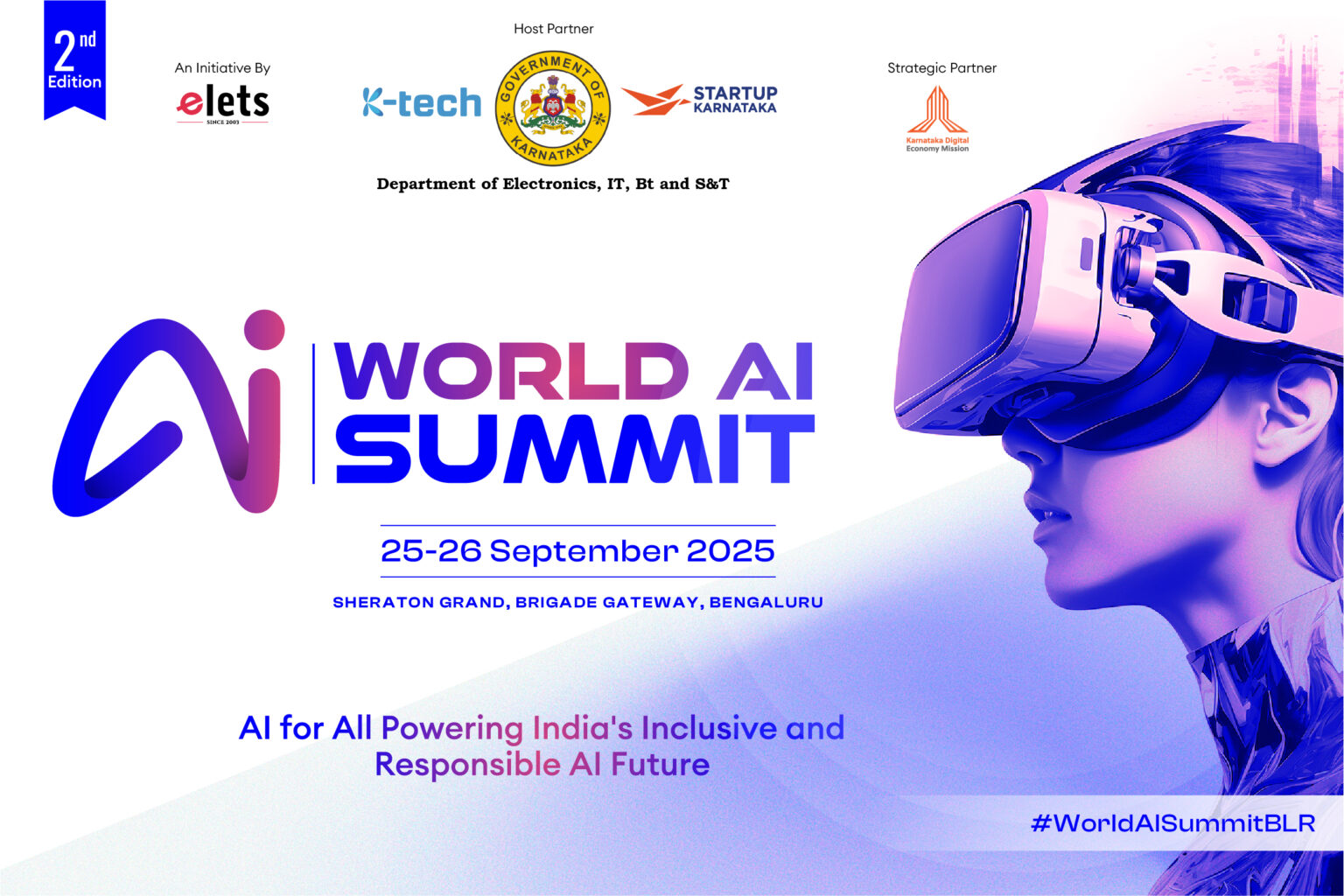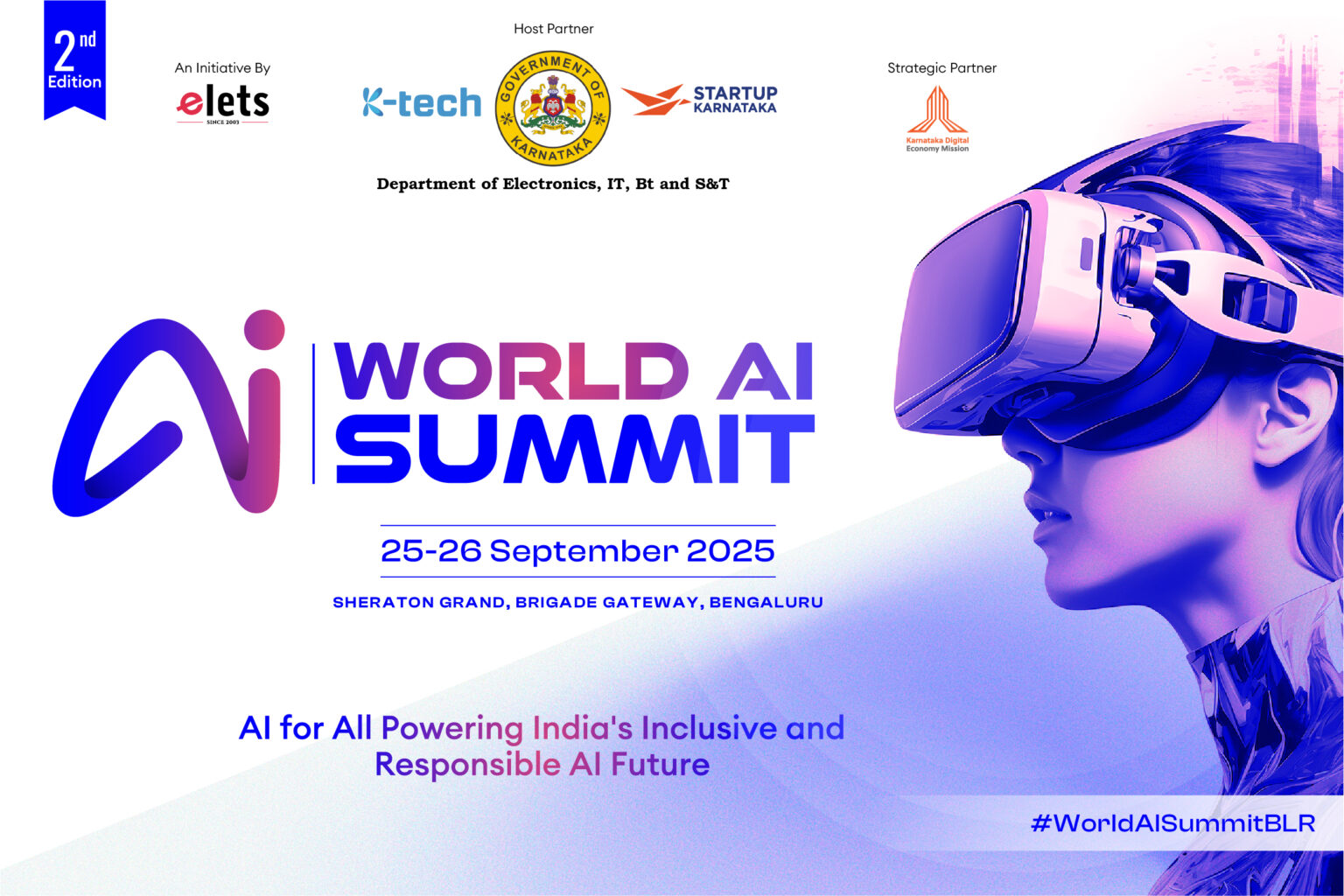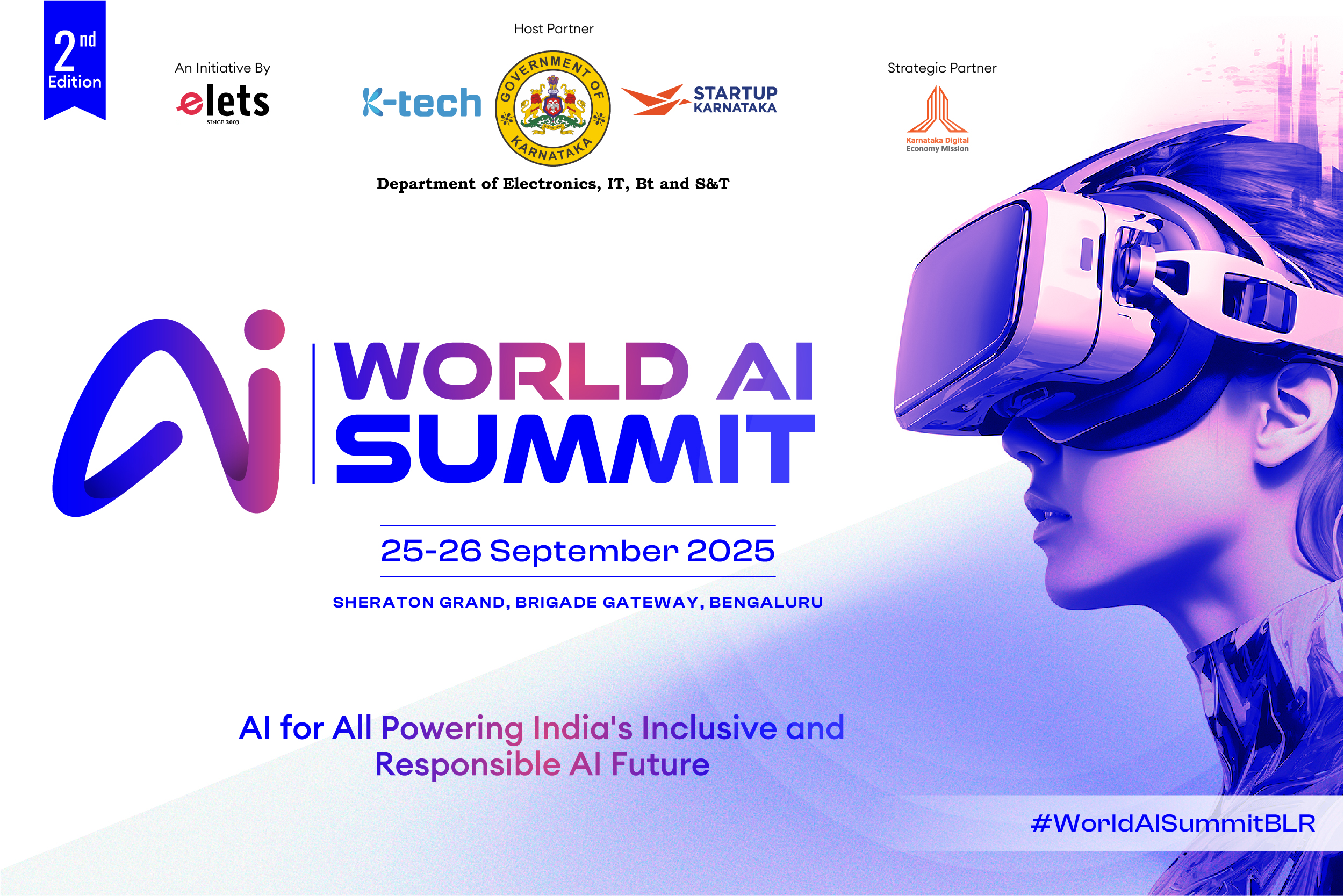
AI is reshaping manufacturing landscapes, ushering in an era of unprecedented efficiency and innovation across the entire value chain. It is transforming manufacturing into a more agile, efficient, and competitive industry. AI defines the Fourth/ Fifth Industrial Revolution (4IR/ 5IR), sitting at the top of the pyramid of IR technologies. With the advent of Generative AI, we have witnessed accelerated growth in making processes more intelligent and interactive, from automating content creation and accelerating product design to enhancing customer experiences and optimising operations. This transformative technology has unlocked new levels of efficiency and innovation.
By harnessing AI-powered solutions across use cases such as predictive maintenance, quality inspection, autonomous manufacturing, supply chain management, product design, smart additive manufacturing, digital twins (AI Twins), and Immersive AR/VR integration, manufacturers can optimise production processes, improve product quality, reduce costs, and adapt swiftly to dynamic market conditions.Adopting AI at speed and scale is certainly accelerating pace of the Fourth Industrial Revolution (4IR) while also increasing workforce inclusivity and sustainability.
According to a McKinsey report, 4IR’s inflection point is primarily marked by two factors. First, machine intelligence technologies—AI that is seeking to empower machines and augment human intelligence with the specialized intelligence needed to perform complex tasks in the cyber-physical world of production—are reaching unprecedented levels of maturity. Second, leading companies are redefining the concept of a pilot as they scale impact by using entire factories, rather than individual use cases, as pilots.
Here at Apollo Tyres, our Digital Innovation Hub (DIH) has three primary focuses:
(a) fostering an AI-first culture. Building an innovation mindset through our flagship programs across the entire value chain – Bottom-up Innovation, and Top-down innovation program.
(b) Reimagine AI through Design thinking and Open Innovation. DIH runs multiple Open-Innovation challenge where it invites startups to pitch their solutions for various manufacturing and non-manufacturing problem statements.
(c) Industrialising AI/ Gen AI and other niche digital technologies at speed and scale across the entire value chain. DIH is actively embedding AI with other niche digital technologies to solve complex business problems across the value chain, with a primary focus on adopting Generative AI-based solutions. Business units across Apollo, with the apt support from business functions and business leaders, are actively engaged in leveraging Gen AI-powered solutions (RAG/ Fine-tune/ Prompt- engineering/ PEFT based Gen AI platforms) for a variety of their problem statements. ATL (Apollo Tyres Limited) Digital Innovation is currently running multiple enterprise- grade Gen AI pilot projects across various business units, such as, – increasing production efficiency in plants (Step closer towards 5IR using custom built Gen AI platform), empowering intelligent research in R&D, enhancing customer service support, Smart marketing strategizing, automating post contracting legal management system, improving Health & Safety by auto-detecting hazards and generating safety recommendations et al. ATL is rapidly expanding its Gen AI transformation footprint across other functions, such as, cybersecurity, supply chain et al.
Apollo is focused on using disruptive digital technologies in its journey for innovation. This fact is evident in a recent article published in the Economic Times stating – “While the capex announced at the start of the fiscal year was Rs 1100 crore, only Rs 700 crores was actually deployed. The use of AI and ML helped Apollo remove manufacturing bottlenecks and achieve better efficiencies at lower spends.”
AI is evolving every day, and some of the latest AI trends everyone should look forward to include:
Multi-modal AI: AI systems that can process and generate content across multiple modalities like text, images, audio, and video. These advanced models are able to understand and reason about the world in a more holistic way, combining different types of information to produce more accurate and contextual outputs. Multi-modal AI represents a major leap forward from traditional single- modal AI systems.
Small(er) Language Models: While large language models (LLMs) like GPT-3 and ChatGPT have captured the public imagination, their massive size and compute requirements have limited accessibility. Smaller language models (SLMs) – models that maintain strong performance while being significantly more compact and efficient can be best suited for industrial use (for specialised tasks).
Agentic AI: AI agents that exhibit autonomy, proactivity, and the ability to act independently without direct human intervention. These systems can reason about their environment, set their own goals, and make decisions to accomplish tasks. Agentic AI represents a shift from AI as a tool or assistant to AI as an independent actor.
Responsible AI: As AI becomes more pervasive, there is growing recognition of the need to proactively address the potential risks and societal impacts. This includes advances in areas like algorithmic fairness, model interpretability, data privacy, and safety testing. We’ll see more organisations and researchers prioritising responsible AI practices, as well as the development of new benchmarks, frameworks, and regulations to ensure AI systems are aligned with human values and interests.
Also Read | Transforming Customer Support: The Emergence of AI-Powered Voice Systems
The potential of AI is huge and expanding exponentially. While using AI-based systems brings enormous benefits and efficiency gains, it is crucial to be cognizant of how we build and use these systems. Some key best practices recommended to be followed are:
- Understanding the current AI landscape by staying up-to- date on the latest AI trends, capabilities, and challenges across domains.
- Effective data management and governance to prevent
any sensitive information leaks. - Choosing the right AI models for the right tasks considering cost, scalability, and business use.
- Prioritising ethics, conduct, and privacy when subjecting AI to company data and AI usage by colleagues.
Insights shared by Harsh Vardhan, Head – Digital Innovation, Apollo Tyre
References:
1. https://www.mckinsey.com/capabilities/operations/our-insights/ adopting-ai-at-speed-and-scale-the-4ir-push-to-stay-competitive
2. https://manufacturing.economictimes.indiatimes.com/news/hi-tech/ machine-learning-and-ai-save-inr-1cr-for-apollo-tyres-daily-in- capex/110730800
3. https://www.techtarget.com/searcherp/feature/10-AI-use-cases-in-
manufacturing
4. https://research.aimultiple.com/manufacturing-ai/
5. https://ayokasystems.com/news/the-future-of-business-automation-how- ai-is-driving-innovation-and-growth/
Be a part of Elets Collaborative Initiatives. Join Us for Upcoming Events and explore business opportunities. Like us on Facebook , connect with us on LinkedIn and follow us on Twitter.
"Exciting news! Elets technomedia is now on WhatsApp Channels Subscribe today by clicking the link and stay updated with the latest insights!" Click here!












